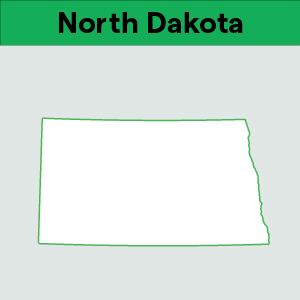How to use a Connecticut resale certificate
by December 8, 2025
If you buy products to resale in the state of Connecticut, you can avoid paying sales tax on your purchases by presenting a Connecticut resale certificate at checkout. Always keep in mind that you should only use your resale certificate to buy items you intend to resale. Any other use of the resale certificate by an individual is usually considered unlawful.
How to use a Connecticut resale certificate
To use a Connecticut resale certificate (sometimes called a reseller’s permit) you must already be registered to collect sales tax in the state of Connecticut. This registration also allows you to buy items from retailers tax-free if you intend to resale them.
Before shopping, print a copy of the Connecticut Sales & Use Tax Resale Certificate. When presenting this certificate to your vendor, make sure it is fully filled out with the following info:
- Your business information (name, address, etc.)
- The types of products you sell
- A general description of the products you are purchasing with the certificate
- Your signature, title and the date of the purchase
Keep in mind that you are only allowed to buy tax-free items that you intend to resell to customers. If you end up using the item yourself, or not selling it, then you are required to remit the sales tax you didn’t pay at the time of purchase.
If you are presented with a Connecticut resale certificate
If a customer presents you with a Connecticut Sales & Use Tax Resale Certificate, you should take steps to ensure that it is valid. Unfortunately, Connecticut is like most states that if you accept an expired, fraudulent or otherwise invalid certificate, the burden of paying the tax can fall on you, the seller.
Luckily, Connecticut is lenient if you accept a resale certificate “in good faith.” An example of accepting a resale certificate in “bad faith” would be if you know the buyer and know that they are not planning to actually resell the item, but are instead using their resale certificate to try and dodge paying sales tax!
To ensure the resale certificate is valid:
1.) Make sure it is fully filled out and signed by the seller
2.) Double check the seller’s resale certificate number
If everything is in order, you’re clear to make the tax-free sale. Just be sure to keep the certificate on file for three years in case of an audit.
Learn more about TaxJar and get started, visit TaxJar.com/how-it-works.








